July 2023 reading round-up
July has been a strange month. There was a lot of rain. Some very good things happened in our lives and some really bad stuff too.
Bristol Pride was incredible, I am so happy to have marched in the parade with Tim and a lot of our friends. The bi flag painted on my eyelids might have been a bit subtle for most people to catch but the two metre inclusive Pride flag I wore as a cape was not. Apparently 25,000 people joined the march, plus a few dogs – including Beckett. Who did very well considering she’s not a big fan of crowds or noise. But she’s also not a fan of being left home alone for four hours. I think we made the right choice.
I read quite a lot this month (though three of the books were tiny). Without question my favourite read was Lessons in Chemistry by Bonnie Garmus, which is awesome and I shall now recommend to absolutely everyone.
Continue reading “July 2023 reading round-up”

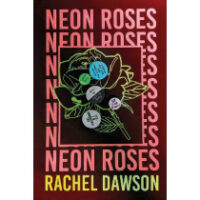 This is why independent bookshops are awesome. I probably would never have heard of Neon Roses by Rachel Dawson if my local bookshop
This is why independent bookshops are awesome. I probably would never have heard of Neon Roses by Rachel Dawson if my local bookshop 
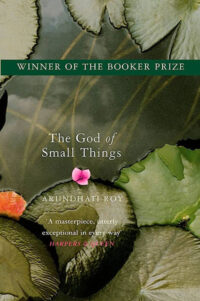

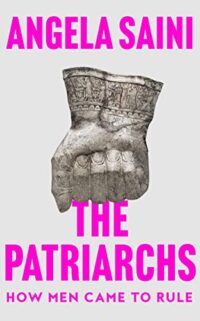 How did men become dominant in human society? When did patriarchy begin? Was it inevitable or could the world have been different?
How did men become dominant in human society? When did patriarchy begin? Was it inevitable or could the world have been different? 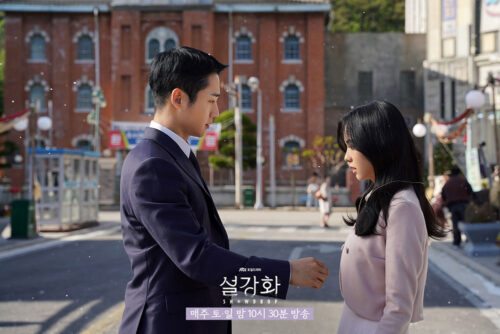

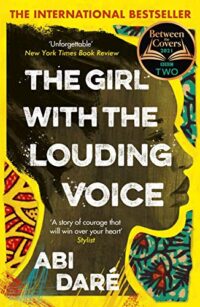 The Girl With the Louding Voice by
The Girl With the Louding Voice by 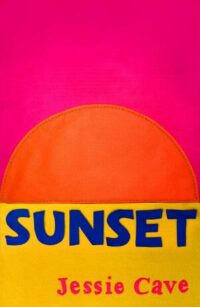 Sometimes I love a book while I’m reading it but two weeks later I have largely forgotten it. In other cases, I not only remember details but find myself reflecting on them day after day. Sunset by Jessie Cave falls into the latter category: a highly enjoyable but also profound novel.
Sometimes I love a book while I’m reading it but two weeks later I have largely forgotten it. In other cases, I not only remember details but find myself reflecting on them day after day. Sunset by Jessie Cave falls into the latter category: a highly enjoyable but also profound novel.